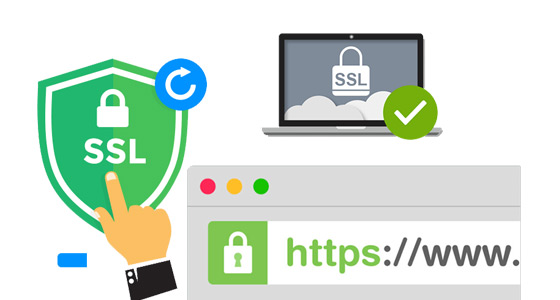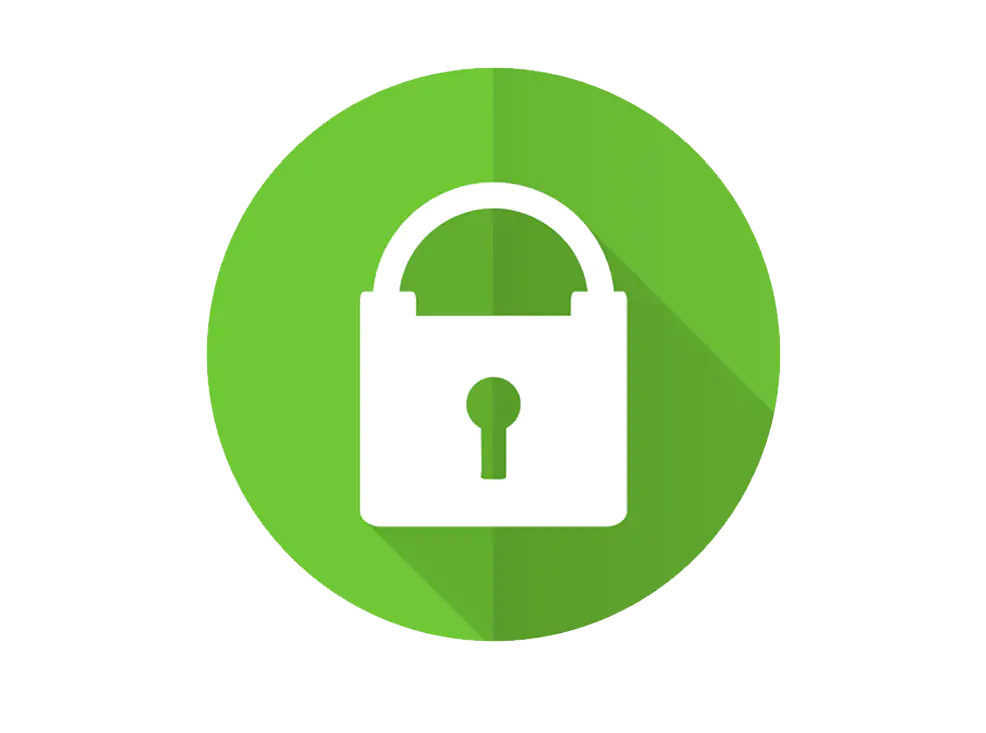Secure your website with the ultimate in site protection
Build Trust online and Protect Your Brand with Encryption Security Solutions for your website. Trust is everything. Especially when there are now over 4 million data breaches per day. So, how do you ensure that your credibility, integrity, reputation and trustworthiness aren't at risk? Implement proper encryption and security protections that users can see and feel. When consumers trust your security, they trust your brand. A trusted brand always wins—so, let's inspire trust together.
SSL (Secure Socket Layer) is a digital certificate that establishes a secure connection with our servers and encrypts your visitor's details during transmission to ensure any information provided by them is protected and fully secured on your website. Our basic SSL certificates are issued within minutes of ordering so you can establish a secure rapport with your visitors instantly.
SSL Features
- Secure your website for visitors
- Establish a trust with your clients
- Issued within minutes
- Complete with signed Logo's confirming your sites security level
- Compatible with all payment gateways and browsers
Popular SSL Pricing Plans
Basic SSL
From
R895.00 /year
SSL 123
From
R1999.00 /year
SSL Web Server
From
R2799.00 /year
SSL Web Server with EV
Starting at
R4599.00 /year
Please Note:
1. SSL certificates require technical support for server deployment. Additional labour costs will be required for installations and will be billed for on a time basis.
2. Subject to reasonable and responsible usage, as determined at ITNT's discretion. Please see our AUP for more details.
Frequently Asked Question
- Secure Sockets Layer (SSL) provides security technology for encrypted links between a browser and a web server. This encrypted connection allows data to be sent over the public network of the internet while remaining private and integral between the browser and the web server.
- This encryption protects financial transactions online but also applies to many other types of user accounts and private access systems.
- Basically, SSL is an industry standard for these secure digital certificate connections. This standard is used by millions of websites and internet browsers to protect their sorts of online transactions.
- This is important because the information you send on the Internet is passed from computer to computer to get to the destination server. Any computer in between you and the server can see your credit card numbers, usernames and passwords, and other sensitive information if it is not encrypted with an SSL certificate.
- When a potential customer connects to your website, their browser connects to the secure site and request the site's SSL Certificate. Then, the customer's browser checks to ensure the SSL Certificate is valid, has not expired and that it was issued by a trusted Certification Authority.
- Lastly, the browser ensures the SSL Certificate is being used by the website to which it was issued. If the digital certificate fails any one of those checks will cause the browser to will display a warning to the end user letting them know that the site is not secured by SSL.
- Your customer’s browser then provides a key indicator to let them know they are currently protected by an SSL encrypted session - the lock icon in the top left-hand corner, clicking on the lock icon displays your SSL Certificate and the details about it.





